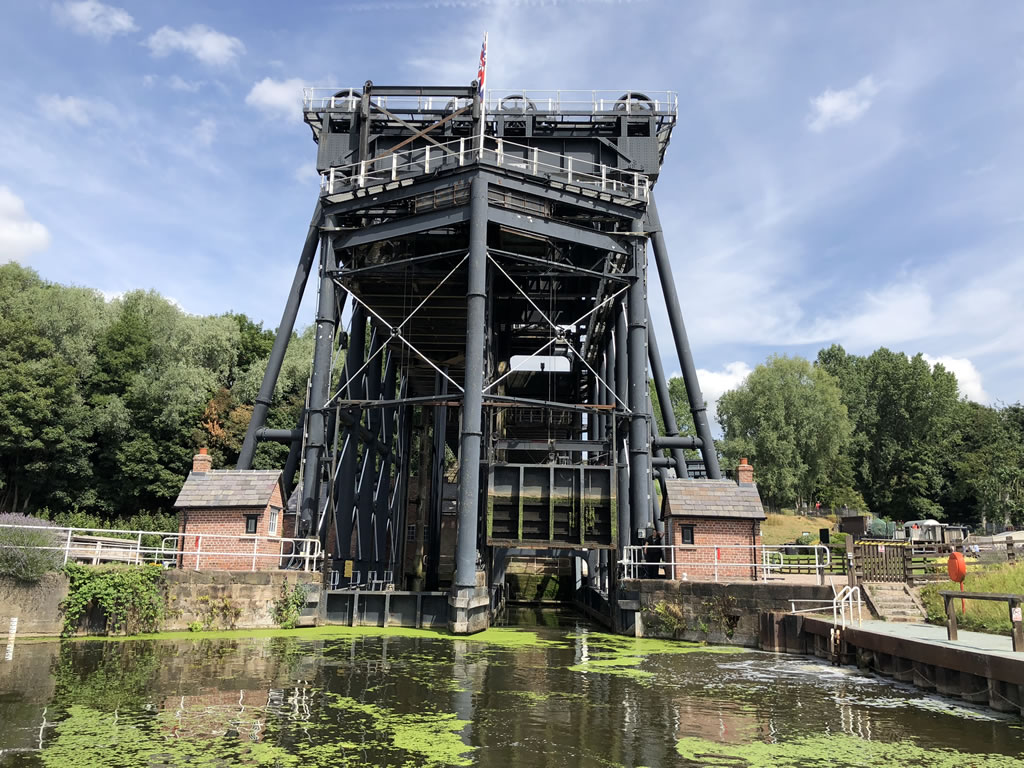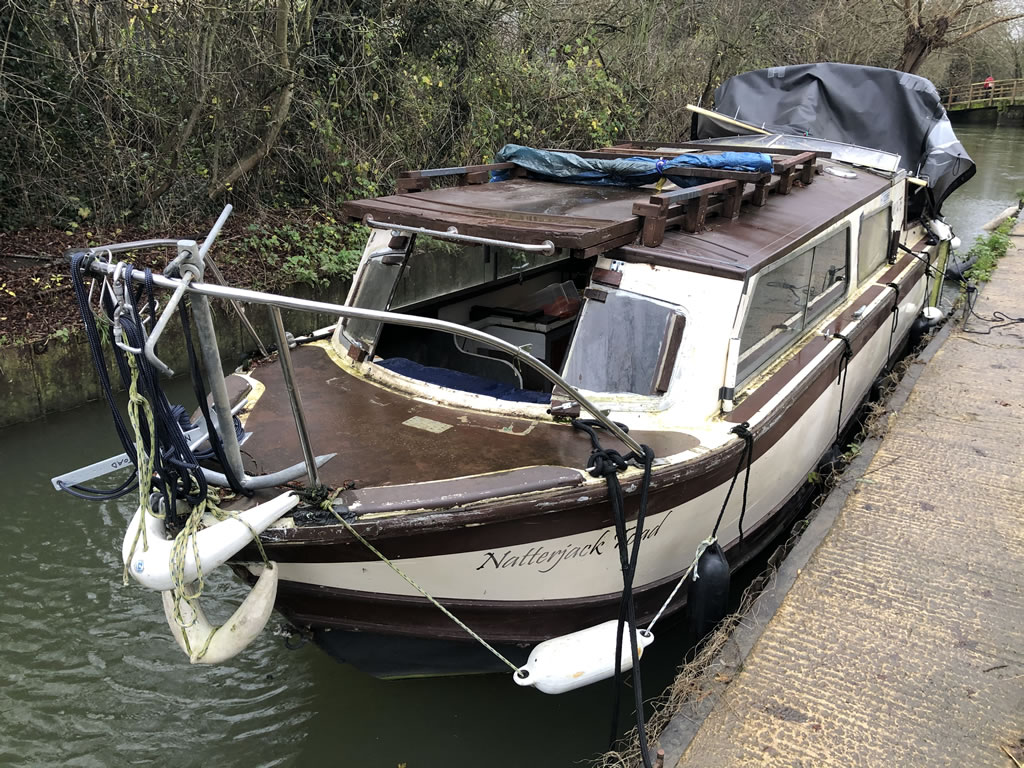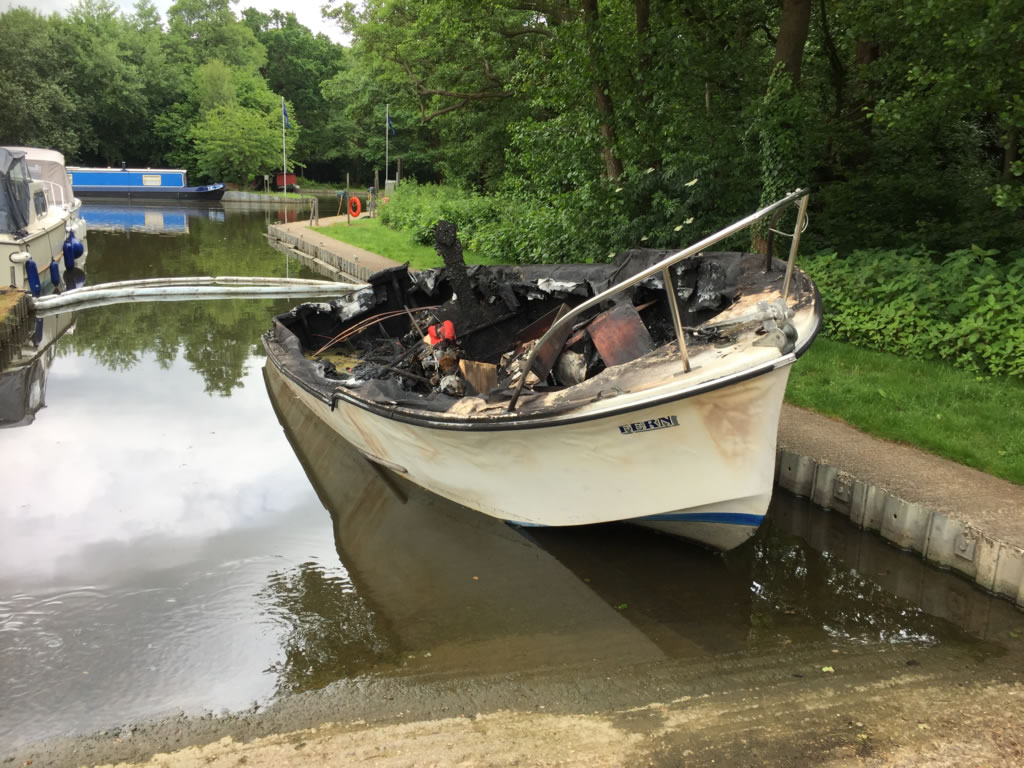Scrap a Narrowboat
Questions & Answers about Recycling a Narrowboat
This page is designed to answer some of the questions you may have about what a narrowboat is and what you need to be aware of when looking to recycle your narrowboat.
Start Your Quote
Get A Free No Obligation Quote to Recycle Your Narrowboat
Get A Free QuoteWe class a narrowboat as 7ft wide and up to 70ft long barge that are common across the inland waterways in the UK. Usually made of Steel but sometimes in Wood.
On the British canal system, anything wider than a narrowboat’s 7ft can be referred to as a barge. However, there are some craft which are used for leisure that are a few inches wider than the maximum 7 feet beam of a narrowboat and are generally referred to as “Widebeams”.
If you just want out from narrowboat ownership and you are having trouble selling, we can help. Maybe the boat needs some costly repairs that you don’t want to pay for as you no longer want to keep her. We can often offer to take the boat on for free.
You basically give us the boat to do as we please with. And you get a quick trustworthy solution. You may be able to give your boat away to another individual but if they change their mind and dump the boat the costs could fall to you.
Sometimes the narrowboat will be too far gone and will need scrapping. We will then have to transport the boat to somewhere that it can be chopped up. Ideally back to us in Portsmouth.
As you can imagine moving a 60ft Narrowboat can be a costly business as it’s a large item to transport. Most will be inland and to get them to a breakers yard like us on the coast will add costs.
The inland waterways are designed to move these narrowboats around on so moving a boat by water isn’t much of an issue. As long as the boats engine runs, if it doesn’t we may need to tow the barge which will add to the costs.
Most narrowboats will be steel hulls. We have scrapped some wooden narrowboats before, but they are usually smaller. Most GRP boats on the inland waterways would be classed as a Motorboat in our categories.
Hull thickness is important in Narrowboats. Fixing areas of a thin hull is one of the biggest issues and costliest repairs for a boat owner. It’s also the most common reason people decide to scrap if their boat is thinning.
Has the boat still got a Boat Safety Examination Certificate? This is the standard requirement for all boats on the Inland Waterways. If the boat does have one it will suggest that it has been well maintained. This is the same if all the river licenses are paid and up to date. A regularly blacked boat would also suggest a good level of maintenance.
If the narrowboat has been blacked recently and has in date licenses/BSS then it’s more likely we can offer a cheap disposal option.
Getting the boat lifted out at a marina/boatyard on the river or canal is just a standard cost we will pass onto you the owner if we dispose of the boat.
Some boats might not be near a place of lifting so we may have to have the boat pulled out into a slipway or dry dock and then lifted. Again these are costs that will be added to the price and paid directly to the boatyards.
Where the narrowboat is can be an important factor in the costs. If the boat is a 2 day motor through a number of locks before it can be lifted this time and effort adds a cost.
If the narrowboat is already moored in a marina with lifting facilities it will reduce any potential movement costs.
We need to know the weight of the boat so we can plan for craning the boat off of transport at our Scrapyard in Portsmouth. We can’t always offer cash for the steel as the price is usually lower than the costs to get the boat back to us.
If there is a valuable working engine in the boat we can often discount the price of disposal. Sometimes if the engines are really good we can offer to take a boat on for free. As we know that we can sell the engine to cover the cost of the scrap.
However, if the engine is a non-runner we need to add to the cost as there are extra costs to properly dispose of the engine.




